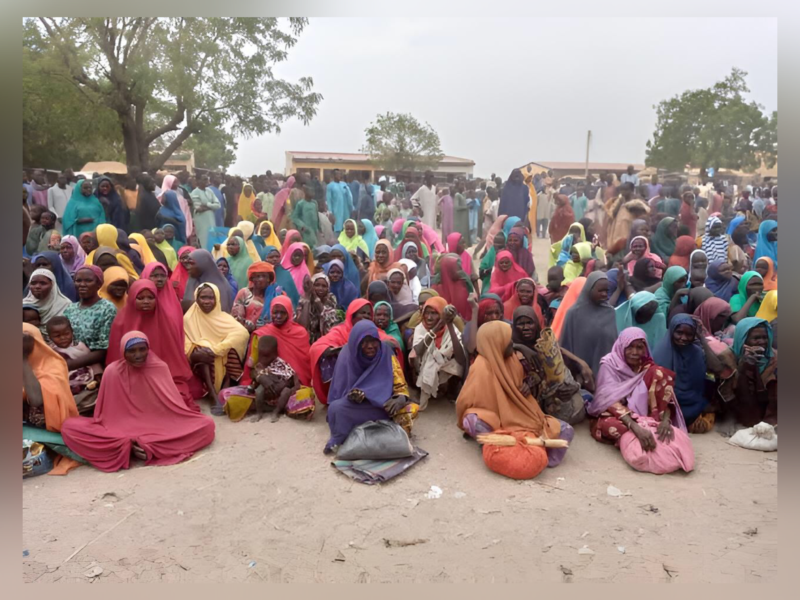Benue State has become a focal point for Internally Displaced Persons (IDPs) in Nigeria, with over 1.5 million IDPs spread across 17 camps and host communities. These individuals were forced from their homes due to repeated attacks by armed herdsmen, defying the state’s grazing laws. The displaced, primarily rural farmers from areas like Guma, Agatu, and Makurdi, now depend on state support, charitable contributions, and aid from organizations to meet their basic needs.
Living conditions in the camps are dire, with insufficient food, medical supplies, and sleeping spaces. Amid these hardships, a notable issue has emerged: a high rate of new births. Despite their challenging circumstances, IDPs continue to have children, adding strain to the already limited healthcare resources. For instance, at the Ortese IDP camp in Guma, over 200 babies were born in a single month.
This situation was highlighted by the Integrated Supportive Supervision (ISS) of UNICEF and WHO’s Humanitarian Health Response, carried out by the Benue State Primary Healthcare Board at the Ortese and Ichwa IDP camps. The report indicated that IDPs find solace and happiness in maintaining intimate relationships with their spouses, contributing to the high birth rate.
An IDP named Anngu, who lives in the camp with his family, explained that intimacy provides a temporary escape from their distress. While some use family planning methods provided by healthcare workers, many do not, leading to a surge in new births.
The Executive Secretary of the Benue State Primary Health Care Board, Grace Wende, acknowledged the high fertility rates in the camps and emphasized the need for intensified family planning advocacy, especially targeting men who often resist these methods. She noted that the situation requires urgent attention and coordination with the State Emergency Management Agency (SEMA) to address the challenges effectively.
The rising number of births in the IDP camps underscores the need for comprehensive health and family planning services to support these vulnerable populations and mitigate the strain on limited resources.










Join our Channel...